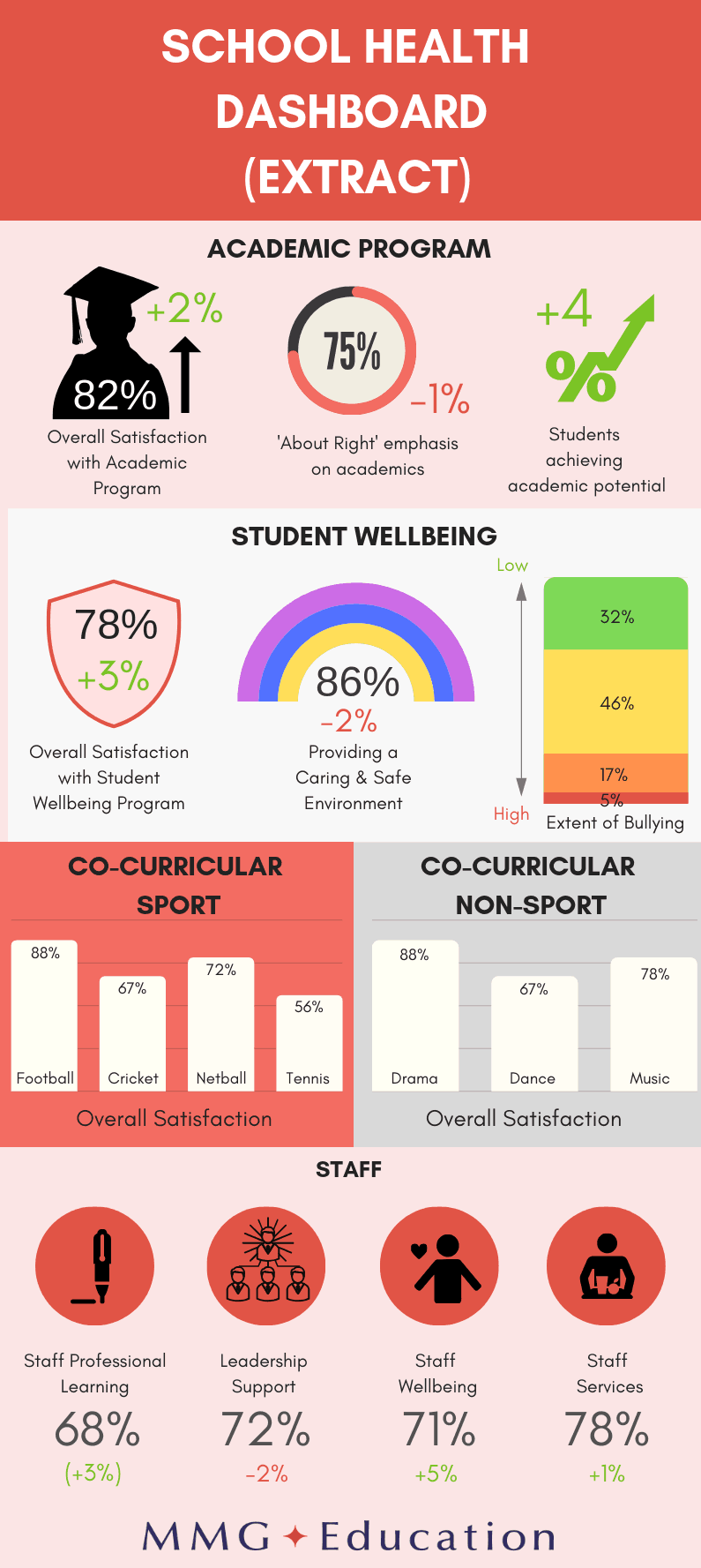‘Perception equals reality.’ As a school Head you know this is not true, but you also know that the perception of parents is their reality. It is essential that school Heads know what their stakeholders are thinking.
Findings from MMG Education research show that parent expectations are increasing, especially in the areas of academic standards, student wellbeing and school leadership. To develop the right strategy, you first need clarity about parent perceptions.
Word-of-mouth from current parents and staff has a significant impact on a school’s enrolments, reputation and community perceptions. Typically, around 12 to 15 percent of stakeholders hold a ‘glass half empty’ view regarding their school experience. They do not hold back in sharing such views and place excessive pressure on teaching staff and school leaders.
Obtaining research-informed views from a school’s key stakeholders therefore plays a critical role in ensuring that the word-of-mouth is balanced and not influenced by small silo groups.
Well-conceived research empowers school Heads to lead their school effectively by giving them insight into:
- The perceptions and stakeholder satisfaction of the school’s value proposition.
- The levels at which staff, students and parents understand the key elements of the school’s value proposition and its operational and strategic initiatives.
- The effectiveness of the school’s strategic priorities and perceptions of the progress towards strategic goals.
- The efficacy of the school in preparing students for their next stage of life.
- The value the school adds to students as they progress through their school years.
By being provided with a measure of the school’s performance areas and how these are perceived, school Heads are more equipped to keep the school Board informed regarding relevant matters.
In-depth stakeholder research also informs school Heads of key enrolment metrics and the drivers that prospective parents rate as most important in choosing a school for their child. It helps Heads to clearly understand the factors impacting their school’s reputation and brand, as well as providing feedback on the quality of staff and teaching, strategic plans and future development.
Importantly, a valuable side benefit of conducting well-constructed research is that it demonstrates to stakeholders the school’s pursuit of continual improvement and willingness to seek feedback across key areas. The very act of listening has a measurable positive impact.
The research team at MMG Education has developed a list of ten essential conditions for your stakeholder research to achieve success:
- Clarity behind the objectives and purpose of the research.
- Ownership from the Head and school leadership.
- Fully tailored surveys developed collaboratively with the school.
- Stakeholders well-informed in advance.
- A sufficiently detailed survey instrument that avoids vague questions and effectively informs decisions and related actions.
- An invitation for all parents to participate.
- High response rates (in excess of 50 percent) from parents, providing reliable data and the ability to focus on specific areas.
- An appropriate level of feedback to parents and staff.
- A dissemination of findings to the school leadership team.
- The development of clear implementation strategies.
School leaders must be adequately informed about the views and needs of their stakeholders. Without it, they risk making decisions that harm the reputation and community perception of their school, which consequently can affect their strategic and operational objectives.
The first step toward strategic success is clarity about what your stakeholders perceive to be their reality.

Tony Pfeiffer is the Founding Partner of MMG Education, a leader in tailored school stakeholder research and performance benchmarking. Tony served on the board of a leading independent school for over nine years and has decades of corporate experience in senior executive roles. mmgeducation.com.au







